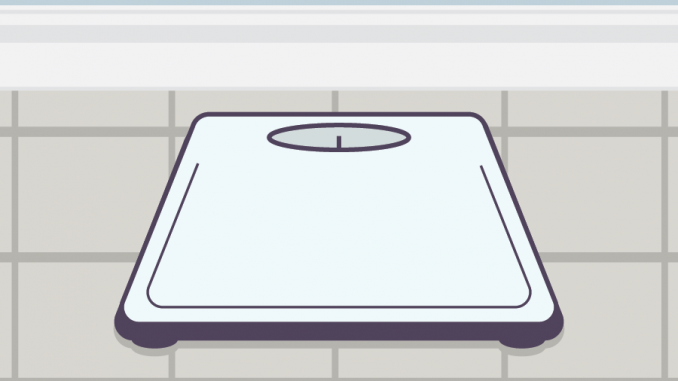
In the United States, around 30 million people will experience an eating disorder during some point in their lives, according to the National Eating Disorder Association.
For some Temple University students who have eating disorders, the holidays were a source of discomfort, as many festivities involve food and family gatherings. Returning from winter break and back to classes, they now navigate the stress induced from routine changes.
Eating disorders are a category of mental health conditions that revolve around food, weight and body image, according to Healthline, a health and wellness website.
Anorexia and bulimia are two of the most well-known eating disorders. Symptoms of anorexia include being severely underweight, fearing weight gain, enacting strict eating habits and going to extreme lengths to stay thin, according to Healthline.
Bulimia is when someone eats unusual proportions of food in one sitting, followed by purging and compensating behaviors to make up for eating, according to Healthline.
“When we see food, most have a pleasant experience with eating it, however, those struggling are constantly alert, thinking about food to the point where their whole life and relationship with it has changed,” said Melanie French, a fourth-year psychology student.
Katrina Janeczko, a sophomore computer science and mathematics major, has struggled with an unspecified eating disorder since middle school. These types of disorders are when a person displays symptoms similar to bulimia or anorexia but does not fully meet the criteria, ABC News reported.
Janeczko would “flip back and forth” between binge-eating and compensating behaviors like purging, over-exercising and fasting, and then flip to binge-eating without “doing anything to compensate,” she said.
For those recovering from an eating disorder, the holidays hold several challenges, according to the Center for Discovery researchers, an eating disorder treatment organization.
“Folks with eating disorders find comfort in routine and predictability, however, the holidays are often filled with a lack of structure and plans are thrown out the window,” said Susan Murray, a sixth-year clinical psychology student. “Therefore, if you are one that values that order, this is extremely disorienting and stressful.”
This holiday season was different from others due to the COVID-19 pandemic, but in the past, the holidays have generally been a rough time for Janeczko, even while in recovery from it.
“Any type of desserts, pies, cookies, cakes or fried food, after you eat them, you feel guilty about it no matter what,” she said.
Being home also meant Janeczko wasn’t cooking her own food and she became stressed about the lack of control she has over the ingredients being used.
Diya Patel, a sophomore health professions major, also struggles with an unspecified eating disorder.
Patel would often dread the holidays because of the pressure to consume fatty or sugary foods she normally avoids and the fear of eating in the presence of other people.
“The switch from your normal food routine makes it harder to sit down and eat a meal,” she said. “It’s a battle with yourself when watching other people eat the foods you want but feel as if you can’t have it.”
Being around family means added stress for Patel due to comments on weight gain or loss.
While anxious thoughts still come to mind, by talking to others, eating with them and spending time with people living healthy lives, Patel’s found ways to lessen the impact of her negative thoughts.
Like Janeczko, having fewer people around over the break helped lessen the pressure on Patel, though it did not completely alleviate it, due to the lack of a support system at home.
“The weeks after the holidays always have a bit of lull where it takes time to get back into the recovery mentality, but it has been easier at school to go into a better eating schedule of having three meals a day,” Patel said.
For Janeczko, post-holiday recovery means being around her roommates, who serve as a support system and sticking to her normal eating schedule. She normally also copes with the help of a professional therapist and avoids weighing herself or calorie counting.
“Talking to others about your thoughts, surrounding yourself with those who also hold a healthy lifestyle, eating with another person and posting meals you made online have been important ways I have learned to cope,” Patel said.


Be the first to comment